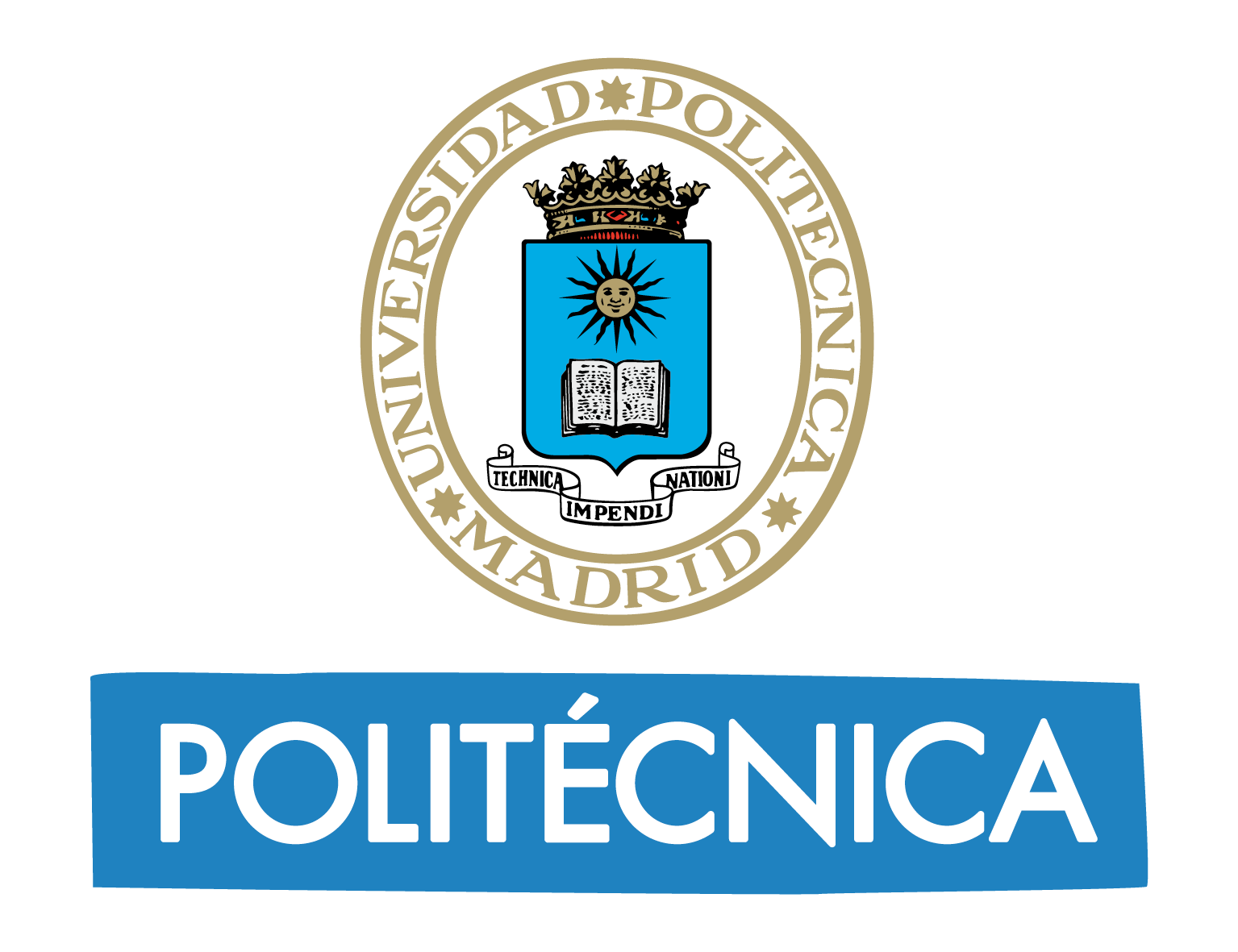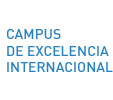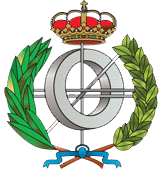Quality
Quality Assurance System
The UPM has considered the SISCAL madri+d Programme to be a great opportunity for the centres to implement a complete and integral quality system in their activities and management.
The management of the Escuela Técnica Superior de Ingenieros Informáticos, with absolute conviction of moving towards the challenge that its mission and vision collect, establishes a formal commitment, together with the UPM, with its SAIC, which involves a joint effort of the Centre to design a system that leads it to achieve and maintain a certain level of quality in the services it offers and with the determination to establish mechanisms that ensure the progressive involvement in a culture of continuous improvement.
The Escuela Técnica Superior de Ingenieros Informáticos of the UPM, responsible for the Doctorate program, participated in the first AUDIT call of ANECA presenting a design of the Internal Quality Assurance System of the Facultad de Informática of the UPM (SGIC-FIUPM), the scope of which covered all the degrees taught at the School and for which the School was responsible, at its Bachelor's and Master's levels. The design of this system was approved by the Faculty Board in 2008 and in 2009 the final positive report for the design presented by the SGIC-FIUPM was received from the ANECA Certification Commission. The SGIC-FIUPM 1.0 has undergone successive revisions until reaching the current SAIC-ETSIINF 2.1, which also incorporates the Doctorate degrees, and which was approved according to the SISCAL madri+d model in 2020. This improvement meant a significant change in the system, whose main modification was the restructuring of processes, simplifying them and adapting them to the circumstances of the moment, as well as integrating them into the overall management of the School.
One of the fundamental requirements in an Internal Quality Assurance System is the establishment of documentation. Therefore, documents have been developed that contain documented statements of the Centre's quality policy and quality objectives and procedures established in the Centre's Quality and Process Manual.
The Escuela Técnica Superior de Ingenieros Informáticos, in order to continuously improve the effectiveness of the system, in educational, research and management activity, makes continuous modifications in its quality policy, both in the processes that make up its current SAIC-ETSIINF and in the creation and development of new ones. These modifications are due to changes caused by the operation of the processes themselves, by changes in regulations, by new circumstances of the UPM itself or by external bodies to it, as well as to carry out what is planned in the Map of future processes of the Escuela Técnica Superior de Ingenieros Informáticos. Currently, improvements are being made to the processes based on the results obtained, as can be seen in the annual quality plans of each year.
Article 93 of the UPM statutes states that there must be a UPM PhD Committee to address all matters related to PhD degree programmes. In addition, the SAIC-ETSIINF specifies that there must be an Academic Committee for each PhD programme taught at any school, whose main responsibilities were defined at the School Board meeting held 6 May 2009.
The responsibilities assigned to the PhD in Software, Systems and Computing Academic Committee (CADSSC) include regulation and organization of the system for supervising student academic and research activities, as well as review of the students' annual reports. To this end, the student is assigned an advisor upon admission. This advisor is a PhD programme faculty member with a PhD who is in charge of supervising the students' studies. On an annual basis, the CADSSC also gathers and analyzes results from student research. These results, which they are required to submit, are outlined in the annual report and supervised by their thesis advisor. The CADSSC may make, when appropriate, suggestions on how the student may improve his or her research process.
The SAIC-ETSIINF has a series of processes that define the functioning of the Doctorate's own procedures, such as the processes PR/CL/011 "Process of admission of students of Doctoral programs" (whose objective is to define the admission process of students who are going to develop their studies in any of the Doctorate programs attached to the School), PR/CL/012 "Doctoral student follow-up process" (whose objective is to define the procedure by which students are tutored and supervised within the maximum period established by the regulations, from the moment they accesses a Doctorate program taught at the School, until the moment they deposits their doctoral thesis), PR/CL /013 "Process of orientation and support to the doctoral student" (whose objective is to describe the mechanisms through which the School carries out actions of orientation and support to doctoral students) and PR/CL/014 "Process of procedures for the defence of the Doctoral Thesis" (whose objective is to define all the necessary processing for the defence of the doctoral thesis of the students who have developed their studies in any of the programs of doctorate attached to the School in accordance with the Doctoral Regulations).
In addition, within the SAIC-ETSIINF, the processes PR/CL/004 ("Mobility OUT") and PR/CL/005 ("Mobility IN") are responsible for the student mobility process. Both the Office of the Vice-Rector for Internationalization and the Office of the Vice-Rector for Students also encourage the dissemination of, and participation in, international mobility programmes providing the entire UPM student community with information and additional strategic and financial assistance. The UPM is also a Columbus Platform partner. Otherwise, the Associate Dean for Internationalization is responsible for the organization, direction and management of student internationalization and mobility at the Escuela Técnica Superior de Ingenieros Informáticos.
One of the measures to promote student mobility is language training through the UPM's Centro de Lenguas.
PhD accreditation
The PhD program in Software, Systems and Computing has obtained the Renewal of Accreditation by Fundación Madri+d pursuant to current legislation.
The Accreditation process guarantee that the programme is updated and has been implemented according to the PhD Proposal, approved in 2013 by ANECA.
Upon finishing the Accreditation process, the PhD in Software, Systems and Computing received the Positive Final Report in December 2019.
PhD graduate monitoring
This PhD programme is expected to continue to establish cooperative relationships with other academic institutions, administrations and companies, as other programmes have done in the past. Over half of the students admitted to previous PhD programmes came from other national or international universities.
Moreover, a high percentage of programmes’ graduates have subsequently pursued their professional and research activity at other national and international research and educational institutions. There has been especially close collaboration with a number of Latin American institutions (for example, Uruguay’s Universidad ORT, Chile’s Universidad Católica del Norte and Universidad Central, Peru’s Pontificia Universidad Católica or UNEG-Venezuela Luz), with which joint PhD programmes have been operating for several years. These partnerships were intended to contribute through our PhD programme to training researchers beyond the possibilities offered through face-to-face training in Spain. Thanks to these partnerships, many graduates from these institutions found employment at these or nearby institutions.
The general procedure for assessing student progress and learning outcomes is set forth in the SAIC-ETSIInfUPM "Studies and satisfaction surveys process" (PR/SO/005) whereby the Office of the Associate Dean for Quality and Acreditations measures and analyzes student learning outcomes, the impact of teaching methodologies, job placements and other sectorial studies, as well as the satisfaction of different interest groups throughout the year.
Additionally, an annual graduate student survey system monitors the evolution of job placements over time, and supplement the information provided by the SAIC-ETSIInfUPM. These annual surveys are also designed to learn how satisfied graduates are with the training they have received, and how useful it was with regard to their future employment. The survey data is studied and analyzed in order to draw the necessary corrective conclusions to improve the quality of the PhD training. These findings will be used to update and remodel research lines and research topics in order to meet the needs of modern society, as well as to improve or modify the design of PhD student training activities.
We are not currently aware of any graduate students who have not found employment within three years after their PhD thesis defence. The information available shows that most graduates found employment at different national and international universities, as well as at companies or public agencies in both Spain and in other countries.
The approximate distribution of jobs by type of institution is (some graduates have more than one job, so the total amounts to more than 100%):
- Universities: 86%
- Public Agencies: 5%
- Companies: 19%
Of the graduates that have a university position, more than half hold professor status, whereas the rest are employed as post-doctoral researchers. These data indicate that the proportion of PhD students who receive funding through post-doctoral contracts out of the total number of students is approximately 40%.
Observing the results so far, it is estimated that close to 100% of students graduating from this new PhD programme will find full employment at public sector universities, other agencies, private companies or through post-doctoral contracts.
Previous outcomes
A total of 50 PhD theses have been presented over the last 6 years of the PhD programme, that represents an average of 8.3 PhD theses per academic year. On the other hand, more than 200 PhD theses have been presented within all the programmes from which this PhD programme derives directly or indirectly.
The quality of the theses presented under both programmes is evident when analyzing the scientific contributions derived from the theses, as well as student participation in funded research projects during the development of their PhD research. The following data summarizes the average data for each PhD thesis, specifying publications in journals, funded research projects in which students participated, papers presented at congresses, books or book chapters and patents awarded based on PhD student activities prior to the defence of their theses.
- Journals:
- 2.3
- Congresses:
- 3.9
- Books or Book Chapters:
- 0.3
The scientific contributions of these theses are clearly significant, as highlighted by an average of more thant 2 articles published in journals and approximately four articles in congresses per thesis.
Additionally, the quality of the defended theses is guaranteed, since the UPM Thesis Preparation and Assessment Regulations state that, for a PhD thesis to be admitted for defence proceedings, results must have been published in journals of recognized prestige in the respective major, and listed in Journal Citation Reports or equivalent, or have usage patents proven by a contract of sale or license agreement.
Complaints, suggestions and praise
Individuals may send complaints, suggestions and praise in different ways.
PhD programme: All remarks on the operation of the PhD SSC operation can be delivered directly to the PhD Coordinator.
Escuela Técnica Superior de Ingenieros Informáticos: The purpose of this official process is to register complaints, suggestions and praise that users would like to submit, depending on their satisfaction or dissatisfaction with the service provided by the centre’s administrative units.
Complaint and suggestion management is a fundamental system for encouraging both internal and external user participation; as such, the centre has launched this system in order to improve the quality of the services provided.
Users of the Centre services may submit complaints, suggestions and praise in three different ways:
- E-mail: You may send a form to quejasysugerencias@fi.upm.es.
- Face-to-face: You may submit a properly completed form to the School Registry.
- Website: You may file complaints and suggestions using the Event Adviser, following the instructions (only available to users from the School).
Incident submissions may not be anonymous, so it is highly important to complete all information required by the form. The incident description should be as specific and comprehensive as possible.
Submitted incidents are centralized in the school’s Technical Quality Unit so that they can be appropriately processed and tracked. Once registered, they will be sent to the unit or units responsible for resolving them. The user will be informed of the incident’s resolution or possible measures to be taken within a period no longer than 15 days after submission.
Universidad Politécnica de Madrid: Users of the UPM electronic site may submit the suggestions and complaints that they deem pertinent and that are related to the electronic processing of administrative procedures.
All inquiries regarding on-line access to the Universidad Politécnica de Madrid's services will be answered within a maximum of ten days. Inquiries related to different matters will be forwarded to the UPM’s pertinent bodies or units and submitters shall be informed of this circumstance.
Users who wish to make an enquery, complaint, suggestion or congratulation may do so electronically through the UPM's complaints, suggestions and congratulations mailbox.
Students' Guild: Moreover, the informative report on teaching activity is the specific report where students may leave a written statement with complaints or praise on the teaching they have received. This procedure, approved by the Student Guild representative board, is the informative instrument through which the Student Guild learns how their classmates are being taught and may undertake initiatives to resolve problems that may be detected.


